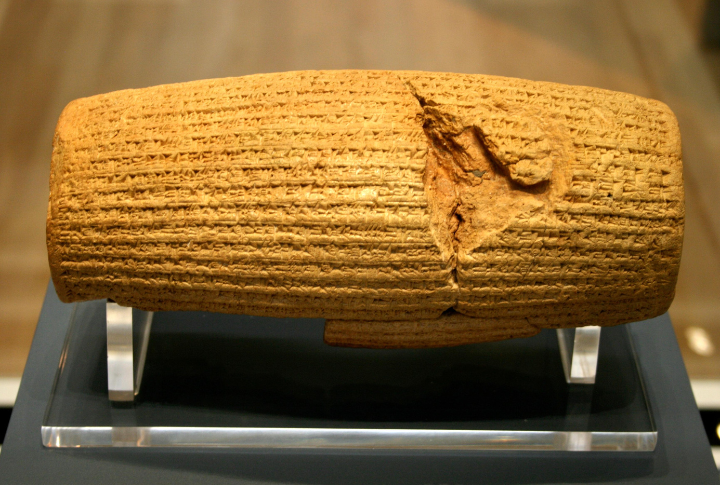
Biblical stories developed through interactions with neighboring civilizations. Recognizing these connections gives you a deeper understanding of the Bible’s historical context. From Egyptian monotheism to Greek philosophy, outside influences made them more intricate and connected to the ancient world than many realize.
Babylonian Creation Myths And Genesis
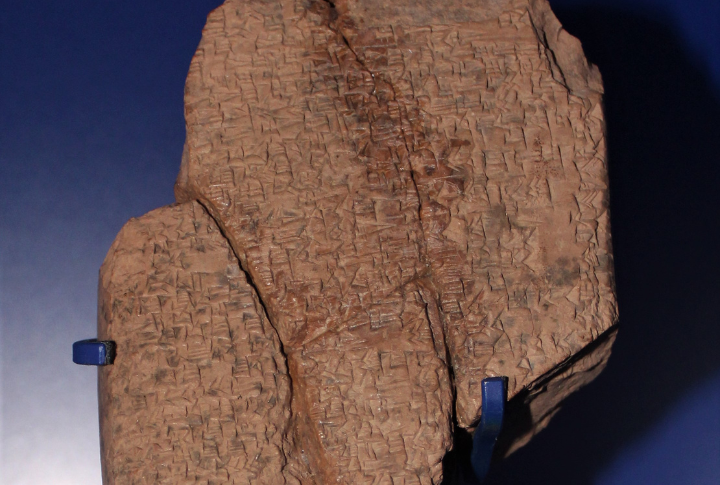
Before the Book of Genesis was written, the Babylonians had the Enuma Elish. It’s a story about a god creating order from chaos. The structure feels familiar: divine speech brings the world into existence. While the details differ, ancient storytelling had a way of echoing across cultures and shaping sacred texts.
Sumerian Influence On Biblical Names And Stories
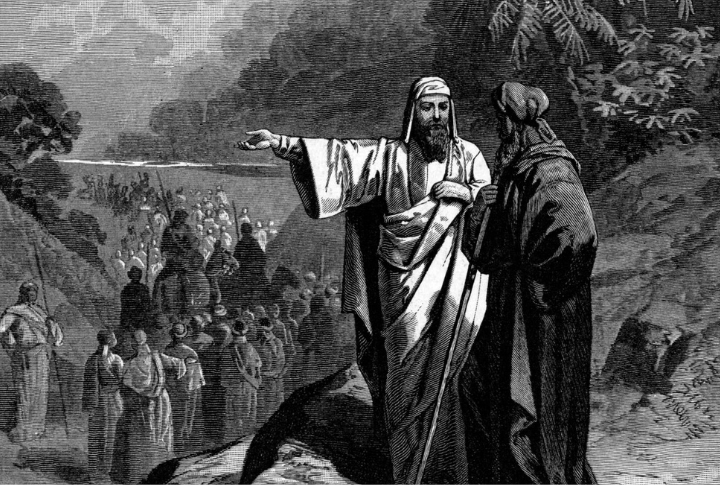
Some of the Bible’s oldest stories share clear similarities with Sumerian tales. The flood narrative closely resembles older Mesopotamian versions, and Abraham’s origins trace back to the Sumerian city of Ur. While the Bible gives these stories unique meaning, its storytelling draws from much older traditions that shaped the ancient world.
Flood Stories Before Noah’s Ark
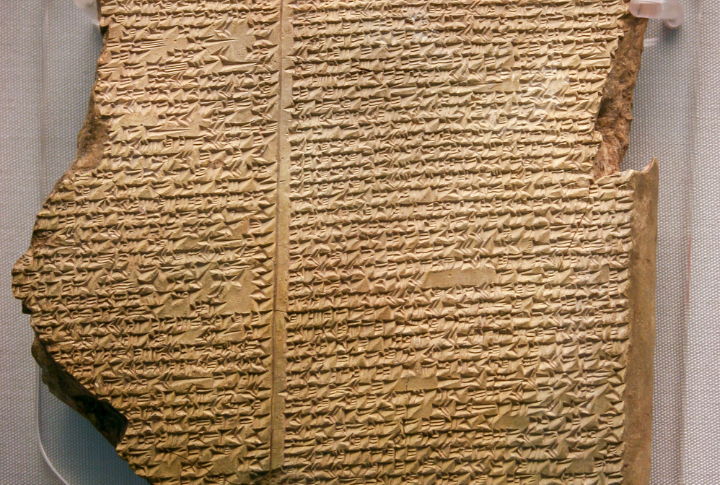
Mike Peel/Wikipedia
Noah’s flood wasn’t the first ancient flood story. The Epic of Gilgamesh tells of Utnapishtim, who built a massive boat with animals and survived a divine flood. The Bible’s version has its purpose, but it shares clear DNA with earlier tales that warned of gods wiping the slate clean.
Canaanite Religion And Early Israelite Beliefs
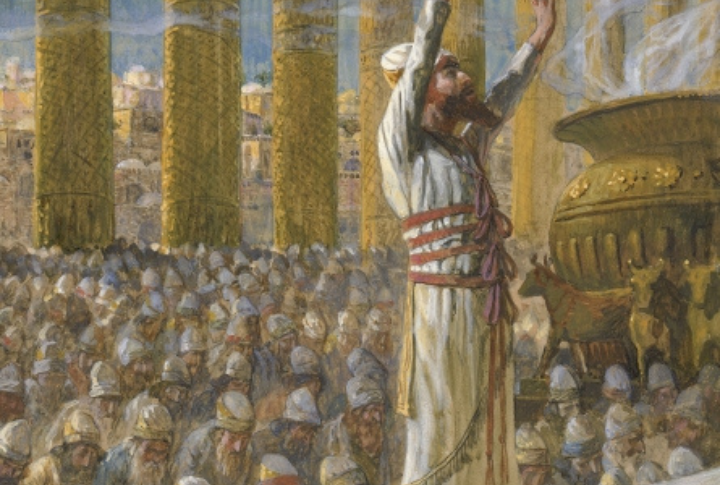
Ancient Israelites didn’t start with strict monotheism. Early texts suggest that Yahweh was one of many gods worshiped in the region. Names like El and Asherah pop up in inscriptions, showing that the Israelite religion didn’t exist in a vacuum. Old habits die hard, especially when it’s about faith.
Persian Impact On Angels And The Afterlife

Before the Persians, Jewish texts had little to say about angels or an afterlife. Then along came Zoroastrianism with its cosmic battle between good and evil and angelic messengers. These ideas took hold, leaving their fingerprints on later Jewish and Christian beliefs about the unseen world.
Greek Philosophy’s Role In Jewish Thought

By the time Alexander the Great came through, Greek philosophy had a firm grip on the ancient world. Jewish scholars like Philo of Alexandria blended Greek reasoning with biblical tradition. It laid the groundwork for early Christian theology and sparked centuries of debate on the relationship between divine revelation and human reasoning.
Roman Law And Biblical Ethics
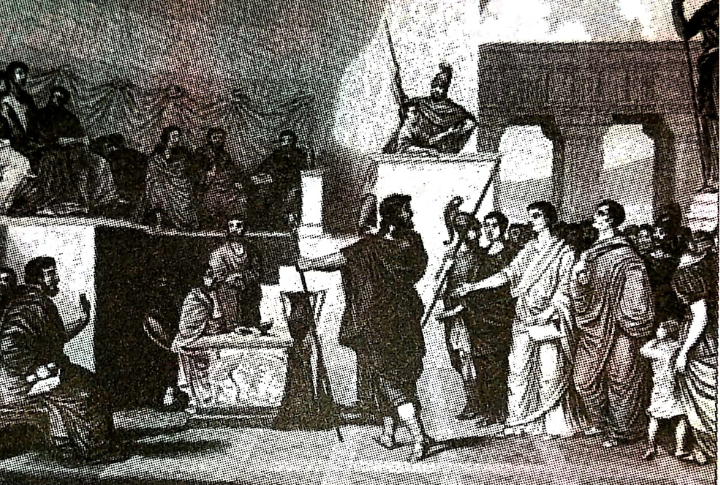
Roman rule wasn’t just about military conquest. It brought a legal system that influenced biblical teachings on justice and governance. Paul wrote about obeying earthly authorities, a sentiment that mirrored Roman ideals. Even Jesus’ trial followed Roman legal procedures, which interestingly proves that law and faith were often intertwined.
Assyrian Conquests And Biblical Prophecy
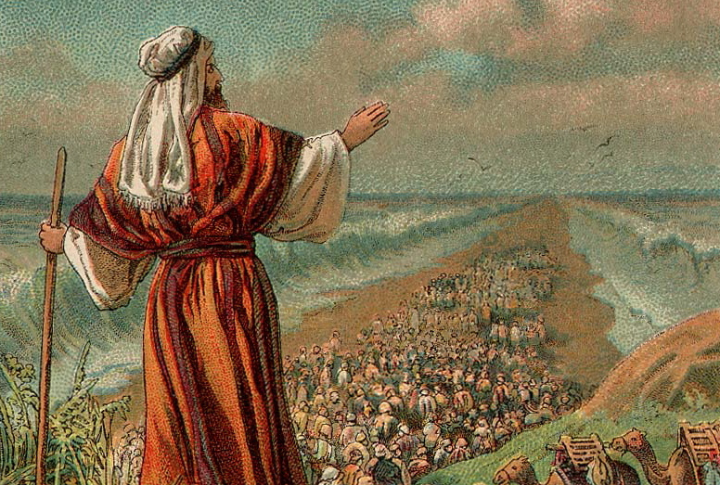
The fall of Israel wasn’t just a historical event; it shaped prophecy. When the Assyrians crushed the northern kingdom, prophets like Isaiah and Jeremiah warned that disobedience brought disaster. These weren’t abstract warnings; they reflected real political turmoil. The brutal realities of conquest shaped the Bible’s prophetic tradition.
Hittite Treaties And The Covenant Tradition
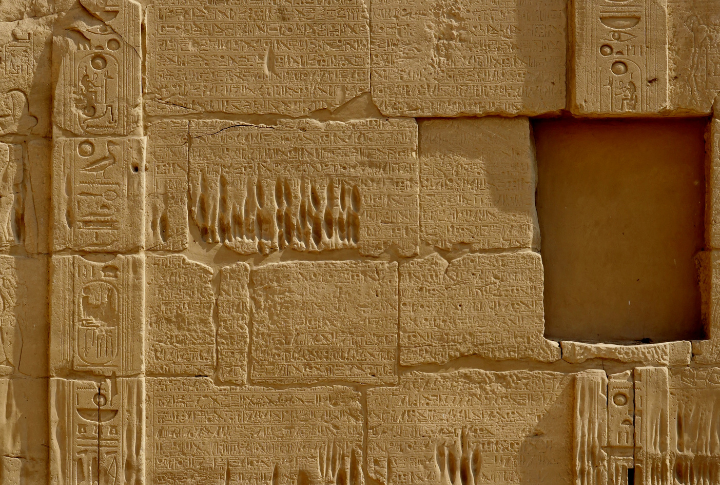
Biblical covenants share similarities with Hittite vassal treaties. Both outline obligations between rulers and subjects, complete with blessings and curses. This legal style was widespread, but its presence in scripture shows how political structures influenced religious commitments. Promises had consequences, divine or not.
Phoenician Alphabet And Hebrew Writing
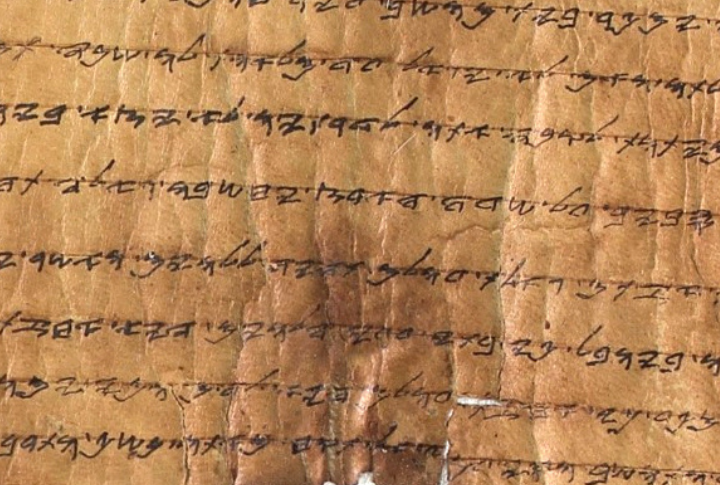
Writing shaped civilizations, and the Phoenicians gave the world an alphabet that made literacy more accessible. Hebrew script evolved from this system, making it easier to record laws and histories. Without the Phoenicians’ innovation, many biblical texts might have remained part of an oral tradition much longer.
Zoroastrian Influence On Jewish Eschatology
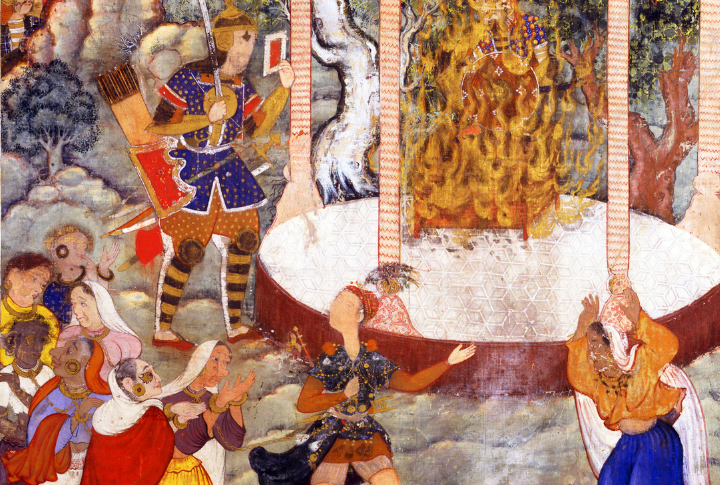
Before contact with Persia, Jewish texts were vague about the afterlife. Zoroastrianism introduced ideas of a cosmic struggle and resurrection. These concepts seeped into later Jewish thought, influencing ideas about the Messiah and the end of days. The future became a battleground between light and darkness.
Babylonian Exile And Jewish Identity
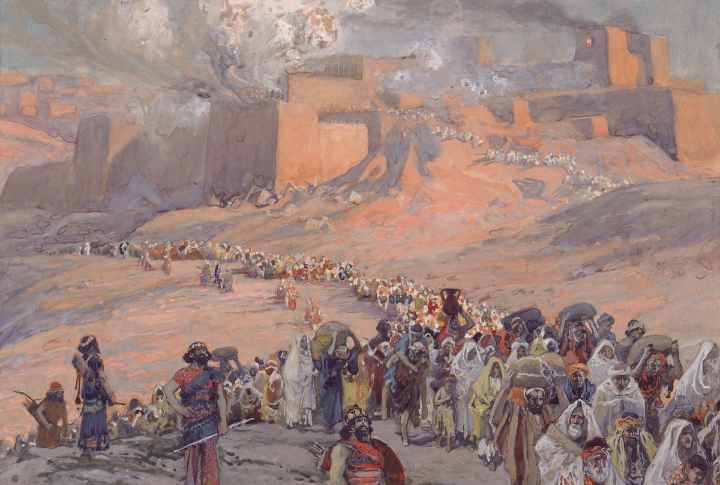
Exile has a way of forcing identity shifts. When the Babylonians took the Jewish elite to Babylon, they reshaped their faith. The experience led to stricter religious practices and a deepened sense of monotheism. Sometimes, survival means adaptation.
Egyptian Wisdom Literature And Proverbs
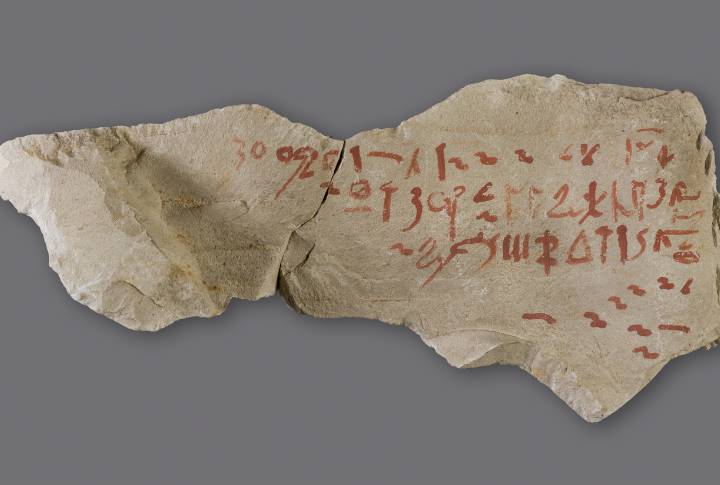
Wisdom wasn’t exclusive to biblical figures. Egyptian texts like The Instruction of Amenemope contain sayings like the Book of Proverbs. Advice on honesty, humility, and justice wasn’t unique to Israel; it was part of a larger conversation about how to live well in an unpredictable world.
Trade Routes And The Spread Of Ideas
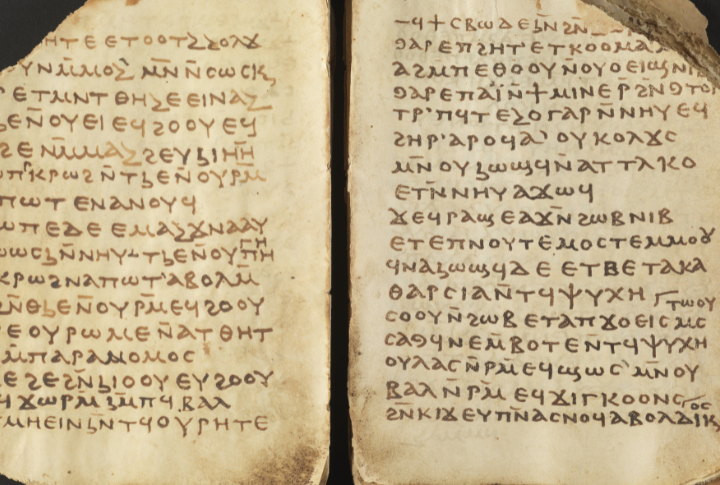
Trade wasn’t just about exchanging goods—it also spread religious ideas and myths. The Israelites encountered foreign customs through these exchanges. Some scholars argue that the Book of Proverbs shares wisdom concepts found in Egyptian and Mesopotamian texts, possibly transmitted through these ancient networks.
Temple Design And Foreign Architectural Influence
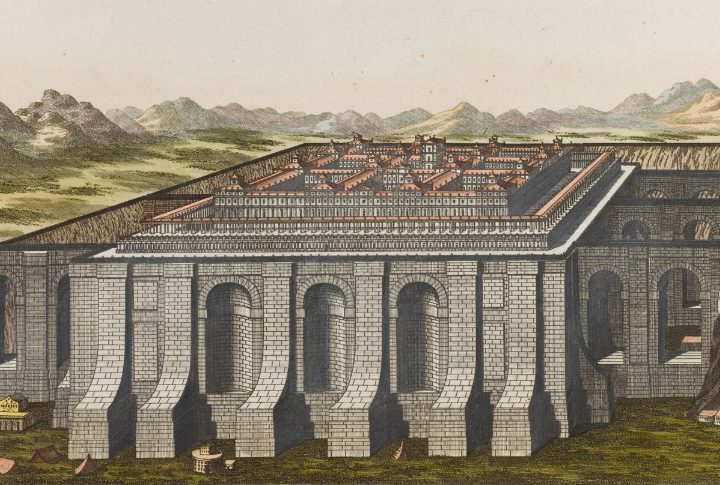
Solomon’s Temple wasn’t an original blueprint. Architectural styles from Phoenicia and Mesopotamia show apparent similarities, from using columns to layout designs. Even the idea of a sacred inner room or Holy of Holies had precedent elsewhere. Inspiration often comes from what’s already been built.
Pagan Festivals And Biblical Holidays
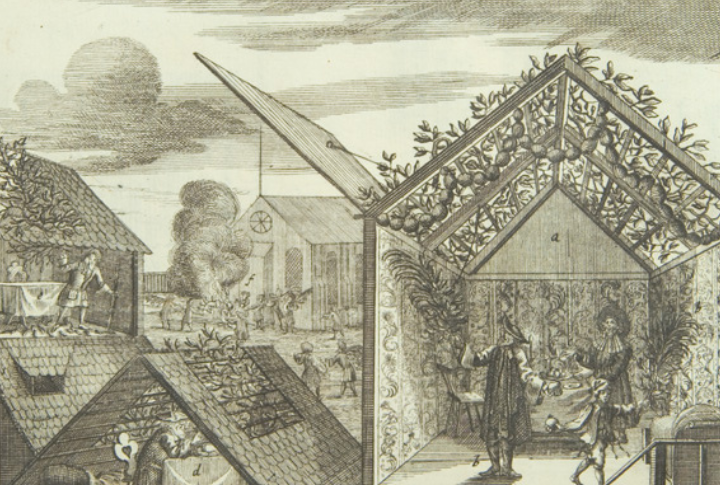
Some biblical holidays share similarities in timing or themes with older pagan festivals, though their meanings and origins remain distinct. Passover and certain traditions linked to Sukkot resemble aspects of Canaanite practices. Early religious calendars often reflected cultural interactions, which helped such celebrations last over time.
Egyptian Influence On Monotheism
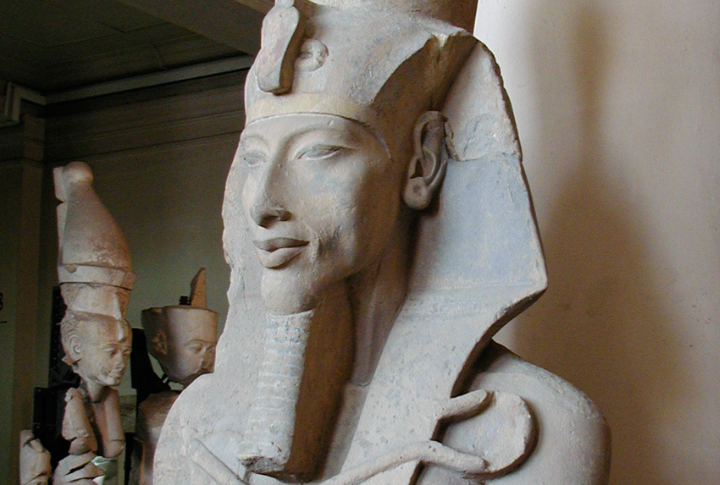
A radical pharaoh named Akhenaten shook up Egypt by pushing the idea of Aten over the many traditional deities. Some scholars believe this concept influenced early Hebrew beliefs. Whether or not Moses borrowed from Akhenaten’s ideas, the similarities are hard to ignore. Religious revolutions tend to leave traces.
Greek Language And The Septuagint
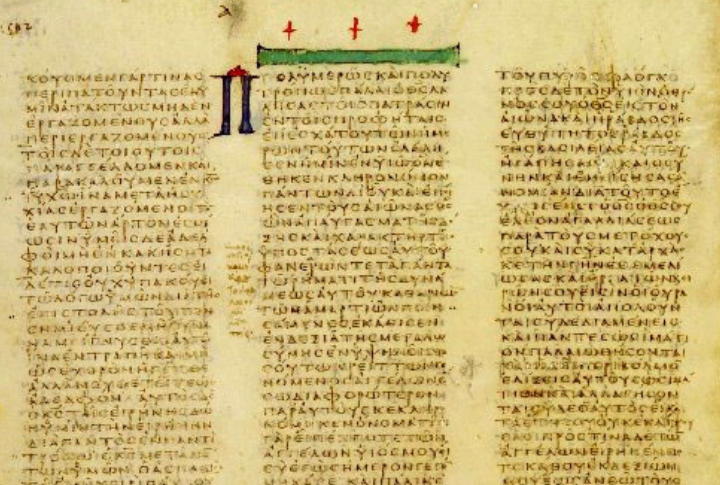
The Hebrew Bible didn’t stay in Hebrew. Greek-speaking Jews translated it into Greek, creating the Septuagint. This version influenced Christian scripture and theology, shaping how the Bible was read and interpreted. Language changes meaning, and translating sacred texts meant exposing them to new philosophical and cultural influences.
Foreign Marriages And Changes In Jewish Law
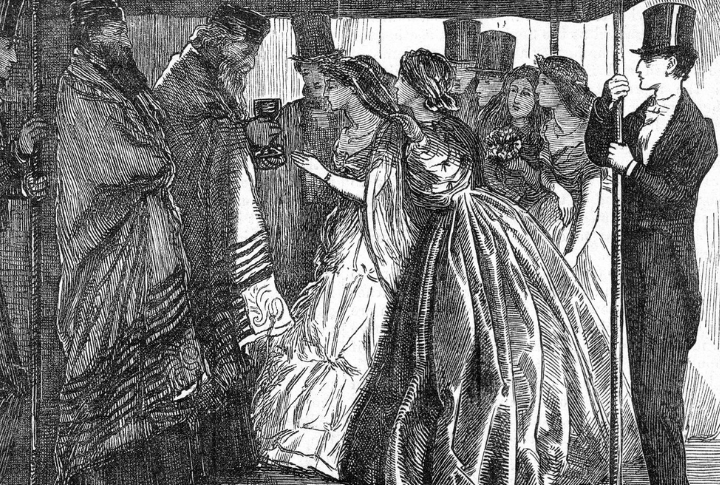
Intermarriage shaped Jewish identity and law, with leaders like Moses and Solomon marrying foreign wives. Later, Ezra and Nehemiah enforced bans to prevent outside influence. Solomon’s marriages fueled warnings about idol worship, while Ezra’s reforms redefined Jewish identity after exile to reflect shifting religious and cultural concerns.
Archaeological Finds Confirming Cross-Cultural Links
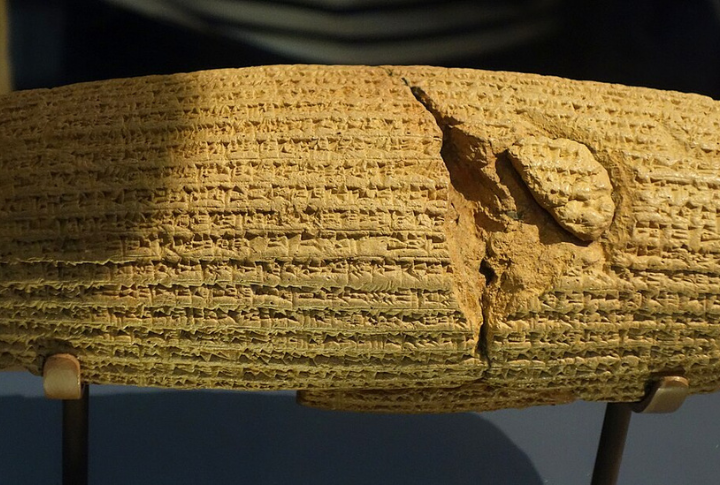
Artifacts like the Cyrus Cylinder align with biblical accounts of Persian rule, confirming historical interactions. Clay tablets detailing trade and laws also reveal connections between Israel and neighboring empires. These discoveries reinforce biblical narratives and show just how sacred texts reflect real historical events shaped by cross-cultural exchanges and influences.

